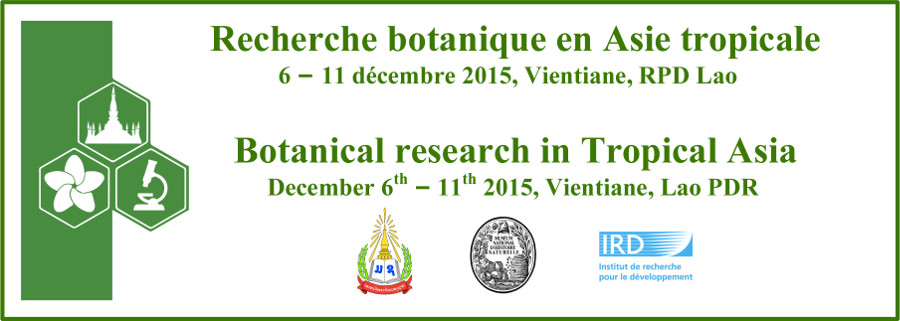As a part of the reconstruction of the evolution of tropical Fagaceae, we produced the complete chloroplast genome of Castanopsis concinna (Champ. ex Benth.) A.DC, an endemic species to Hong Kong and southeastern China. Conservation efforts for C. concinna are becoming increasingly urgent as the species is now scattered in less than ten localities due to habitat destruction and fragmentation. To aid efforts to preserve and propagate the species ex-situ, knowledge on the distribution of genetic diversity in the remaining populations is crucial. Here we present the complete chloroplast genome sequence of one individual collected in Hong Kong in 2014. The total genome size was 160,606 bp in length, containing a pair of inverted repeats (IRs) of 25,677bp, which were separated by a large single copy (LSC) and small single copy (SSC) of 90,368 bp and 18,884 bp, respectively. The overall GC content of the plastid genome was 36.8%. 136 genes were annotated, including 82 protein-coding genes, 46 tRNA genes and 8 rRNA genes. In these genes, thirteen of them contained one or two introns. We expect that this first complete sequence from an endangered tropical Fagaceae will help improving our knowledge in clarifying their phylogeny and evolutionary tendencies, as well as being the first step towards a global assessment of the genetic diversity in C. concinna for conservation purposes.
- Poster

 PDF version
PDF version

